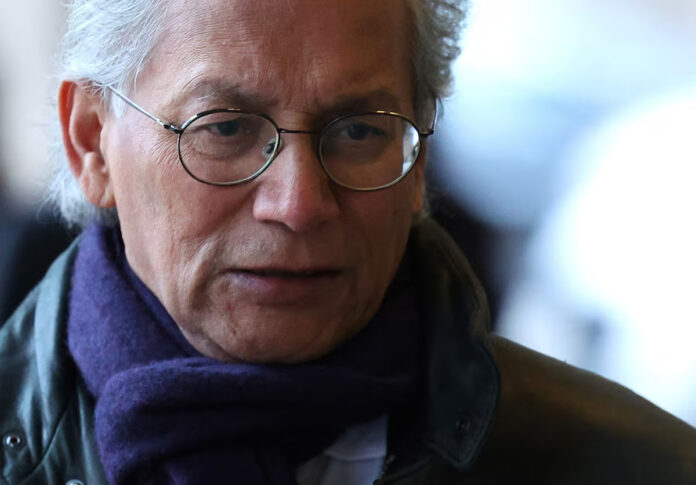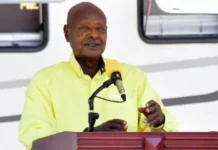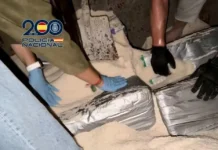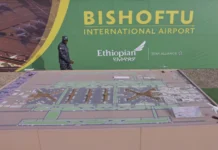
U.S. President Donald Trump has threatened to sue the BBC for at least $1 billion, accusing the British broadcaster of defamation after it admitted to “an error of judgment” in editing footage of his January 6, 2021, speech that was featured in a Panorama documentary.
In a letter sent Sunday and seen by Reuters, Trump’s lawyers demanded that the BBC retract the program by Friday, issue a formal apology, and pay compensation for what they described as “overwhelming reputational and financial harm.”
The letter alleges that the documentary “intentionally and deceitfully” spliced together clips from Trump’s address to create the impression that he was directly inciting the Capitol riot.
According to Trump’s legal team, the BBC omitted sections of the speech in which he told his supporters to march “peacefully and patriotically” toward the Capitol as Congress prepared to certify Democrat Joe Biden’s 2020 election victory.
The controversy has triggered a leadership crisis at the BBC. Director General Tim Davie and News Chief Executive Deborah Turness resigned on Sunday following the leak of an internal report that criticized the broadcaster’s coverage and highlighted the misleading edit.
BBC Chair Samir Shah on Monday apologized to lawmakers, admitting the edit gave “the impression of a direct call for violence,” but he denied any systemic political bias within the organization.
“The BBC would like to apologise for that error of judgment,” Shah said, adding that the broadcaster was reviewing its editorial processes and would “respond directly in due course” to Trump’s legal threat.
The documentary has since been removed from the BBC’s iPlayer service.
Trump’s lawyers argue that the broadcaster violated Florida defamation law by deliberately omitting context and manipulating footage to distort his message. Filing in Florida would allow Trump’s team to invoke state statutes more favorable to his claim, as his primary residence is in Palm Beach.
Legal experts note, however, that public figures like Trump face a high bar for defamation under U.S. law, requiring proof that the publisher acted with “actual malice.”
In the United Kingdom, claimants must demonstrate that a publication caused or is likely to cause serious harm to their reputation.
A spokesperson for Trump’s legal team said the documentary was designed “to interfere in the Presidential Election,” referring to its broadcast shortly before the 2024 vote.
BBC Chair Shah insisted that while mistakes were made, the corporation remains committed to impartial journalism. “The BBC’s DNA and culture are rooted in impartiality and trust,” he said. “We are determined to restore confidence in our reporting.”
British Prime Minister Keir Starmer’s office backed the broadcaster, saying it did not believe the BBC was “institutionally biased or corrupt.” The spokesperson added: “Clearly mistakes have been made, and the director general and Deborah Turness have taken responsibility. What matters now is maintaining the BBC’s global reputation for high standards.”
The original speech at the heart of the dispute was delivered by Trump on January 6, 2021, as Congress convened to certify Biden’s victory.
Following his remarks, hundreds of Trump supporters stormed the U.S. Capitol, halting certification proceedings and causing deaths, injuries, and extensive damage.
Trump continues to claim the 2020 election was stolen, though multiple courts, audits, and independent reviews have found no evidence of widespread fraud.
Source: Reuters
Written By Rodney Mbua


















